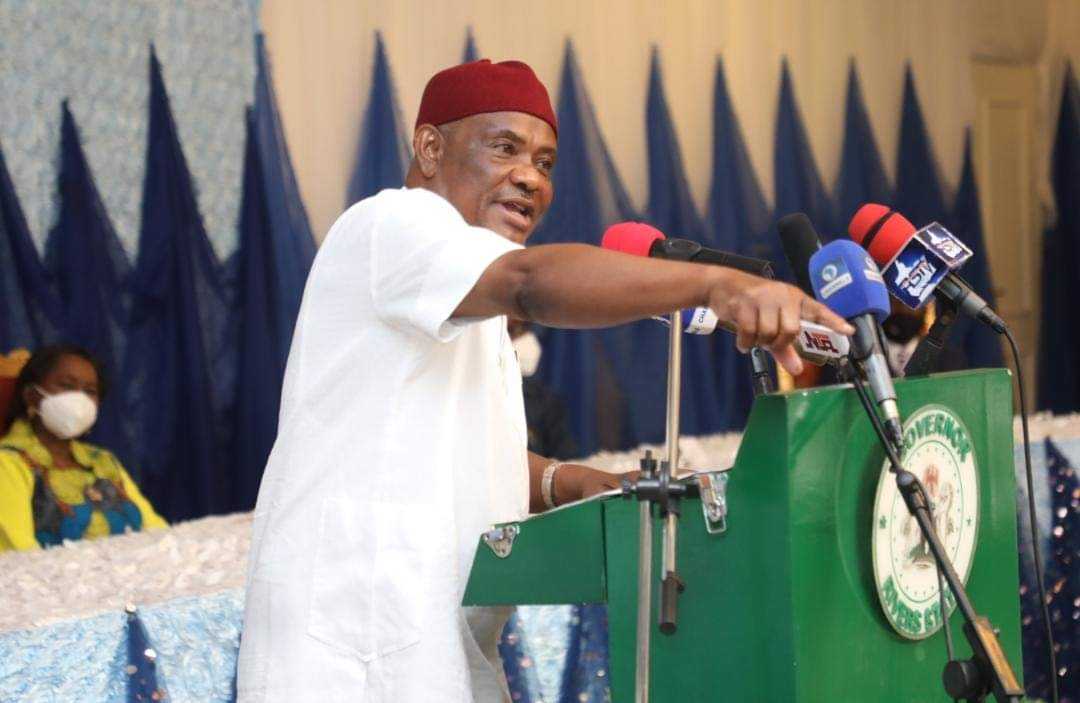Why Did Kano Receive 100% Tax Revenue While Lagos Received 20% Despite Generating N46bn?
Talks about how the Value Added Tax (VAT), generated from the 36 states in the country, is being shared by the Federal Government, has dominated news space in recent time.
Recall that the Rivers State Government had approached a federal high court in Port Harcourt, seeking to stop the Federal Inland Revenue Service (FIRS), a tax collection arm of the FG, from collecting VAT in the state.
In its ruling, the high court granted Rivers State the right to collect VAT Revenue, effectively dissolving the Federal Government's power to collect VAT in the state.
In reaction to the court ruling in Port Harcourt, the Lagos State Government quickly passed its own bill, seeking to control the collection of VAT in the state.
Many northern states have expressed displeasure at the move by the Rivers and Lagos State government to control VAT collection in their states.
However, Governor Nyesom Wike did not just approach a Federal high court without explaining his reason.
In a post shared on Social media, Wike claimed that Rivers State generated about N15.1bn as taxes in June; However, the state only received N4.7bn as revenue from the federal government, which is about 31% of the total revenue it generated.
Continuing, Wike stated that Lagos State received only N9.3bn despite generating over N46bn in June. That means, Lagos received less than 20% of the total money that was generated in the state.
Now, there may have been no complaint from the states if the deductions were across board. However, Wike reported that Kano State received N2.8bn from the federal government, despite generating only N2.8bn in June. This, is where the whole fracas originated from.
The question now is, why did Kano receive over 100% of the revenue it generated, while states like Rivers and Lagos that contributed more got about 31% and 20% respectively?
The answer to this question may explain why Rivers and Lagos Governments decided to take the bull by the horn and demand for total control of the revenue collection structure in their states.
Lagos, for example, generates considerable revenue because of its commercial nature and high goods inflow. Consequentially, it needs to allocate massive resources to the development of more infrastructures to maintain its development. How would the state do this if it continues to get only a paltry amount of the money it generated, while another state gets everything?
Indeed, the writer opines that a reformation is needed in the VAT sharing structure employed by the Federal Government.
Source: #Operanews
#newscast












